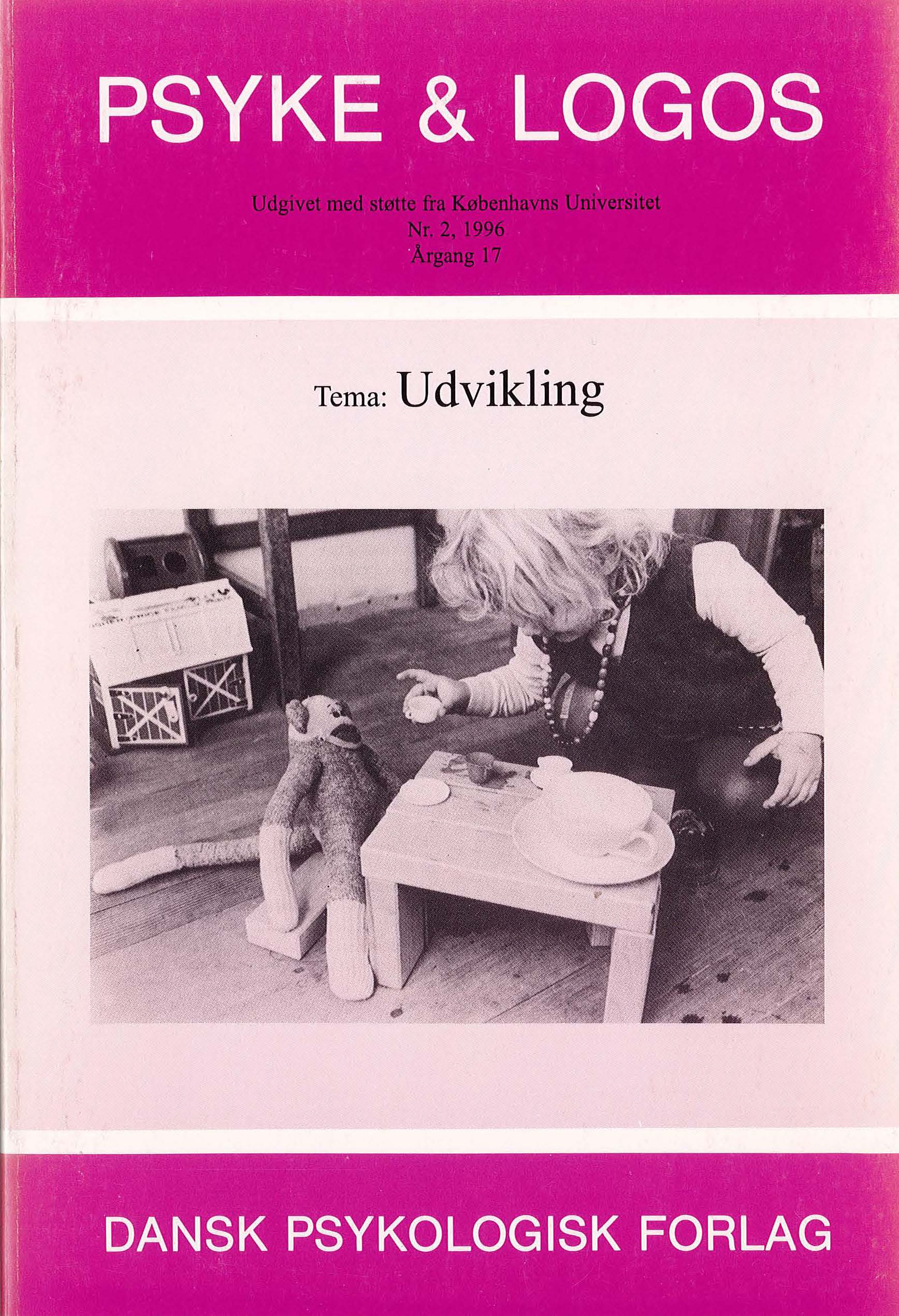UDVIKLINGSROMANER OG UDVIKLINGSPSYKOLOGI
DOI:
https://doi.org/10.7146/pl.v17i2.133276Abstract
In litterature novels and stories that deal with human development are often structured by a model, that operates with three phases in psychic development. In this artide three examples are given that demoostrate what aspects of human development are focused on in litterature and therefore constitutes litterature's contribution to the
understanding of this aspect of man:
1. In Karen Blixen's stories the development of a full personal identity is conceived as consisting of three phases: from a harmonious being oneself via self-reflection and self-control to a renewed being oneself on a higher level.
2. In the novel by H. Pontoppidan »De dødes rige« the structure of development has to do with the feeling of life: from a feeling of possibilities and unrestrictedness via a feeling of necessity and forcedness to a synthesis of the two.
3. In the novel by Vilhelm Topsøe »Jason med det gyldne skind« there is a shift from the predominance of emotion via a phase dominated by reason to synthesis of the two.
The article ends with an attempt to explain why these aspects of human development are rarely examined in scientific forms of psychology.
Downloads
Published
How to Cite
Issue
Section
License
Ophavsret er tidsskriftets og forfatternes. Det er gældende praksis, at artikler publiceret i Psyke & Logos, som efterfølgende oversættes til andet sprog, af forfatteren frit kan publiceres i internationale tidsskrifter, dog således at det ved reference fremgår, at den oversatte artikel har et forlæg i en dansksproget version i Psyke & Logos. Artikler kan frit deles og linkes til på forsknings- og undervisningsnetværk (så som Blackboard). Link foretrækkes, fordi det giver oplysning om brug af tidsskriftets artikler.




